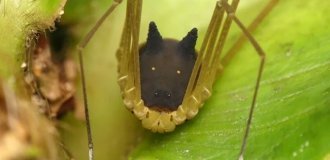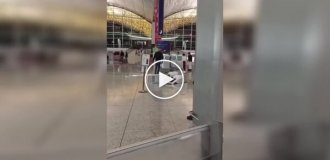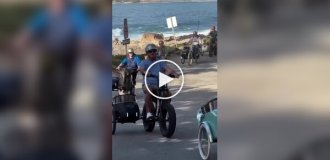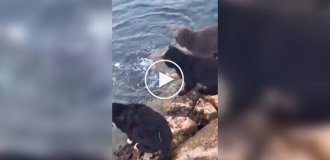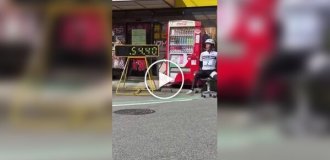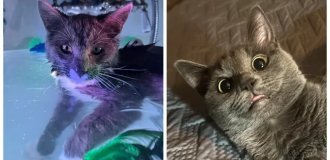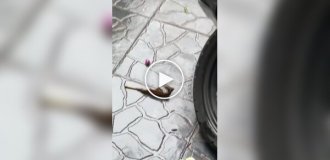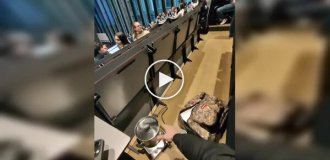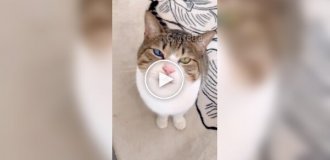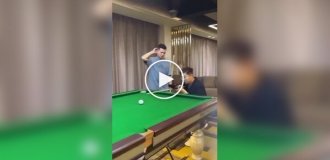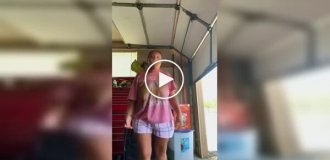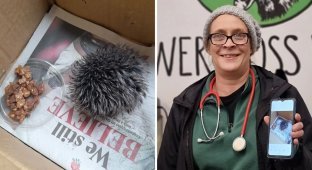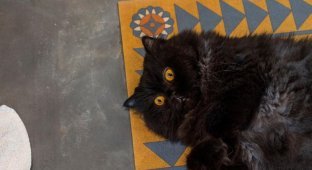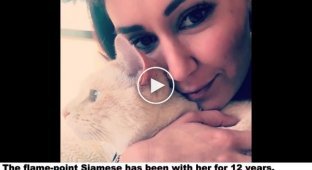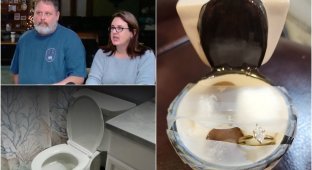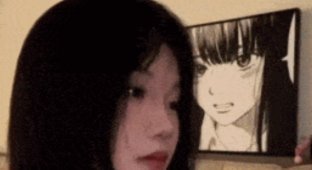A woman found $6,000 in the yard, but the bank refused to accept the bills (3 photos)
Mary Venegas, a pensioner, was thrilled to find the money because she lives on a fixed income and had overdue bills to pay. However, things didn't go as planned. 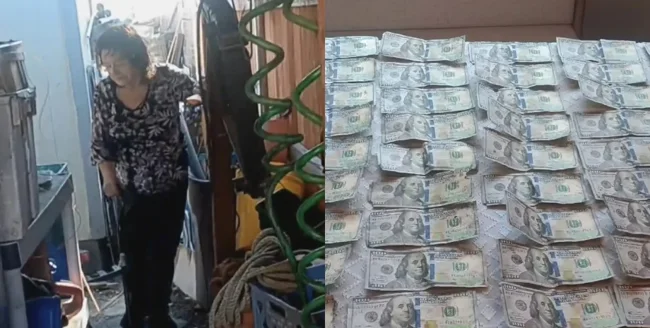
Mary Venegas, from Sacramento, California, was shocked to find an envelope with $6,000 in cash lying behind some cardboard boxes in her backyard. However, she never got around to using the money.
The pensioner thought the money was long gone after she lost it four years ago. The woman was overjoyed to find them, as she lives on a fixed income and had overdue utility bills to pay.
"I don't know how I lost them. I'm just a 66-year-old woman who is very forgetful," Venegas said, explaining that she had originally planned to use the money to pay her taxes.
But when she went to deposit the money, Bank of America refused to accept her cash because the bills were "ruined," dirty, and water-damaged from four years of being outside. 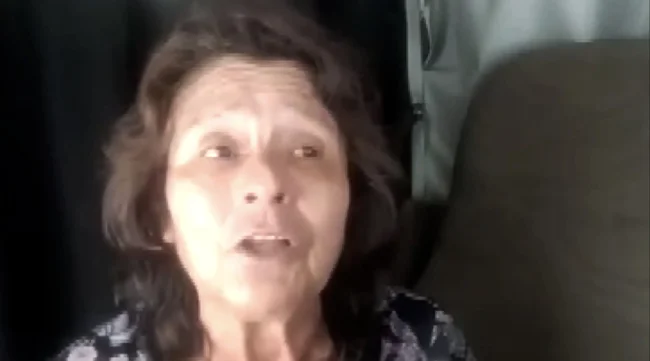
When the bank refused to accept the money — mostly $100 bills — Venegas realized her funds might need to undergo a thorough inspection by the Bureau of Engraving and Printing (BEP), the government agency that prints bills and refunds mutilated ones.
They can be damaged in a variety of ways, including fire, water, chemicals, explosives, animals, insects, rodents, and petrification, or deterioration from burial. In Venegas's case, the cash was likely water damaged, and the corners were clearly eaten away by an insect or animal. 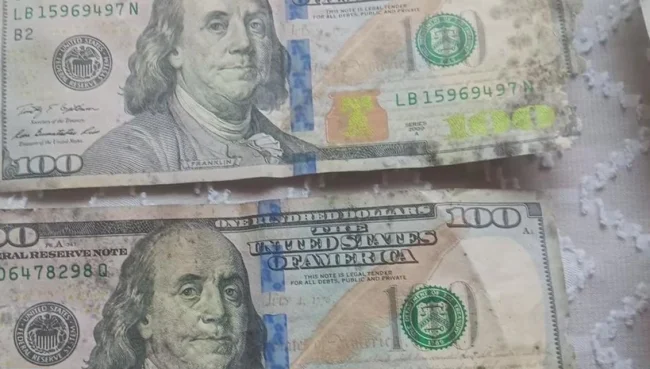
This reimbursement process can take anywhere from six months to three years — a long wait for someone who needs the money right now.
"What if I die without getting it?" Venegas said.
Unexpected Help
When Venegas learned how long she would have to wait to exchange her money for government money, she contacted CBS Sacramento's consumer investigative group Call Kurtis.
Given that nearly all of the bills she found were nearly intact and the value of each ($100) was obvious, CBS reached out to Bank of America, Venegas's decades-long bankroller, to see if they would reconsider depositing the money.
The bank's website states that it "does not distribute or accept mutilated currency of any kind," but given the condition of Venegas's money and the interest in the investigation, the bank changed its stance and accepted $5,700 of the $6,000. Venegas said she planned to use the money to pay off past-due utility bills, a debt that was weighing heavily on her fixed-income retirement plan.
